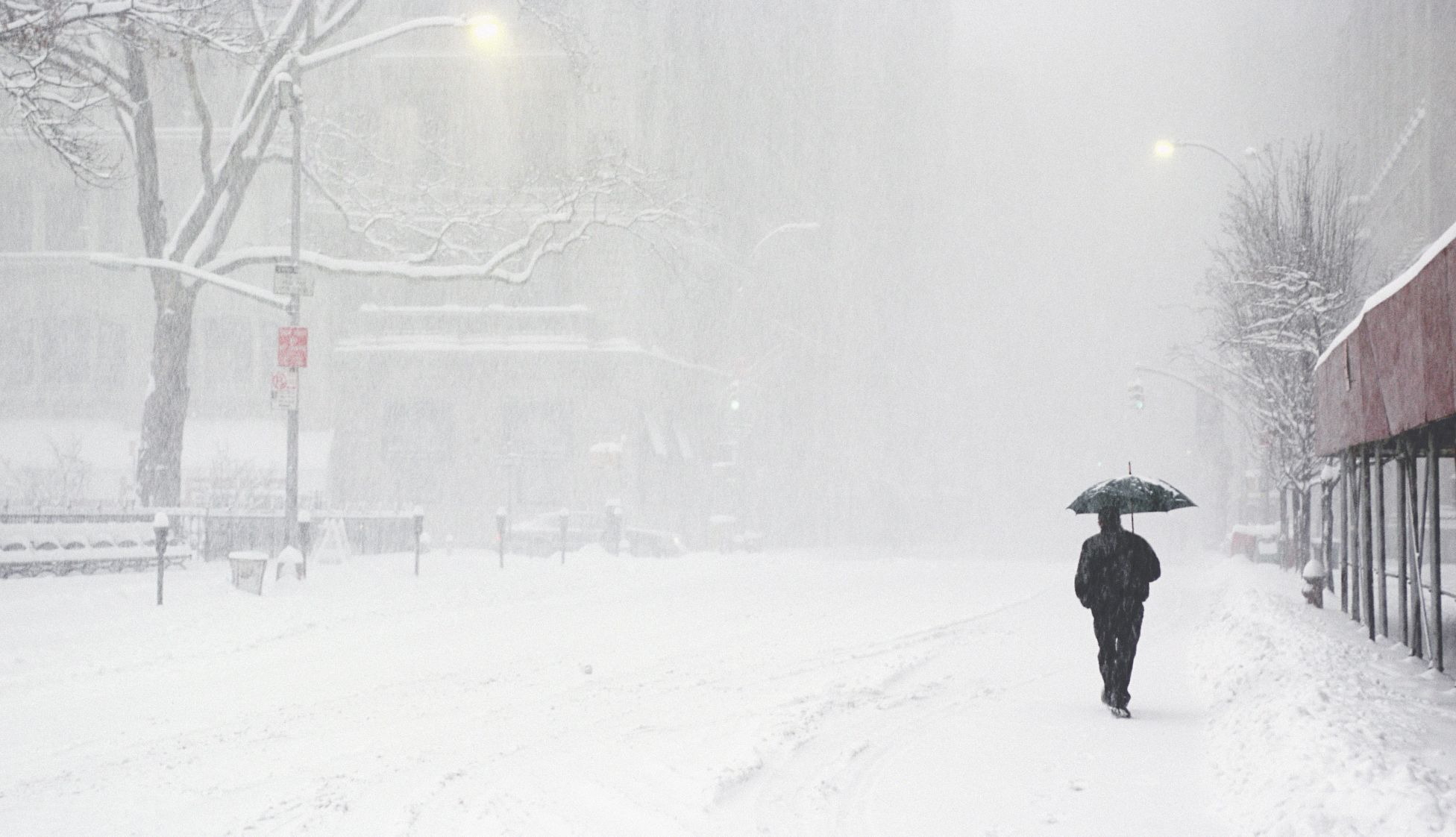AARP Hearing Center


It's the season of twinkling lights, hot chocolate and good cheer, but this time of year ushers in another seasonal feature that's not nearly as widely appealing. For many older Americans, myself included, cold and windy weather can be a real pain — literally. As an active person with Raynaud's phenomenon living in a region with four distinct seasons, the advent of winter brings both delight and an awareness of my physical limits. As seasonal temperatures grow colder, managing the outdoor activities we typically enjoy in the Northeast — such as apple picking, hiking, and skiing — can be a struggle. Thankfully, years of experience and expert advice have helped me to comfortably embrace rather than dread upstate New York's chilliest seasons.
Here are tips from health care professionals on coping with five conditions common in people over 50 that are made worse by cold weather.
1. Dry eye disease
Why cold weather makes it worse: Cold and wind upset the makeup of tears, which are complex organisms that serve as a barrier and protect your eyes from the environment, explains Corina Busuioc, an optometrist with Duke Eye Clinic in Durham, North Carolina. There are three layers of tear film, and each layer serves a purpose in protecting the eye. "The minute one of these layers is compromised, because of many reasons, you can start being symptomatic," she says. Extreme temperatures — especially abrupt changes in temperature — throw off the balance and cause the tear film to destabilize. This results in evaporation, which leads to dry eye symptoms such as itching, burning, tearing and sensitivity to light, says Busuioc.
What to do: When venturing outdoors in cold, windy weather, wear wraparound sunglasses that work as a windshield. Busuioc says you can also find moisture chamber glasses or goggles online and take them to an optometrist for prescription fitting. If you know you will be in a windy, cold environment, carry a lubricant such as preservative-free artificial tears. "An eye doctor can definitely recommend something based on how they see that the tear behaves," Busuioc says.
2. Asthma
Why cold weather makes it worse: Cold weather dries your airways, which can be problematic for people with asthma, says Diane Cymerman, a physician specializing in allergy, asthma and immunology with Stony Brook Medicine in Stony Brook New York. "As the temperature drops, humidity drops with it in general, and that drying effect can act as an irritant to the patient's airways," she explains. Cymerman says that resulting spasms of the airways can trigger an asthma episode, symptoms of which typically include wheezing, coughing, and shortness of breath. Allergens associated with the colder fall and winter seasons, such as ragweed, leaf pollens, and mold, can also worsen asthma symptoms, says Cymerman.
What to do: Short of moving to the Sun Belt, Cymerman says there are a couple of measures you can take to prevent cold weather-induced asthma attacks. Outdoors, use a mask to cover your mouth and nose. Any type of mask is helpful, however, the thicker the better, Cymerman says. Masks designed for runners, which warm and humidify the air, can be especially effective for people with asthma, she says. "It's more comfortable and less likely to cause a bronchospasm." Cymerman says lack of humidity in the winter is typically more troublesome than air conditioning in the summer for individuals with asthma. "We like to say that ideal humidity in a home should be greater than 20 percent and less than 50 percent. The reason why we don't want to over humidify is because excessive humidity leads to mildew, mold, and dust mite excess," says Cymerman. Dust mites are one of the major indoor triggers for people with asthma, according to the American Heart Association.




































































More From AARP
Vision Health: Understanding Eye Tests and Diagnoses
Regular eye exams can help prevent blindness and detect other health issues
The Numbers That Could Save Your Life
7 metrics that can help you live longer, stronger6 Moves to Keep You Fit This Winter
Try these to stay strong and healthy in the colder months